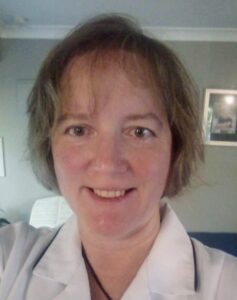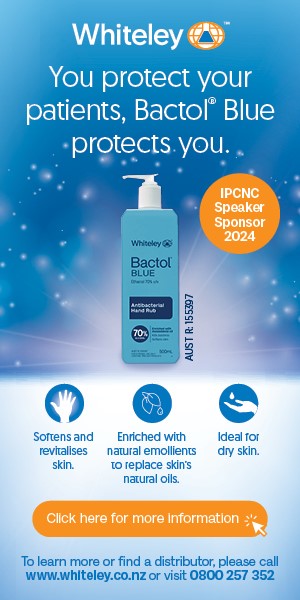“She’s naughty.” “We had to tell him off.” “She is refusing her meds, that’s so naughty.”

If I could get money for every time the word ‘”naughty” is used in our ward, I would be able to afford a coffee out every day.
I have been a registered nurse (RN) in a rural hospital for only 10 months. I come from a background of studying psychology for many, many years, mainly part-time, while raising my two children. I never got to register as a psychologist but did end up completing a master of nursing over two years during the COVID pandemic. It’s been an interesting journey. Before nursing, I worked in mental health and the disability sector.
Working in the ward with mainly elderly patients, I am amazed at the language used almost daily to describe their behaviours by staff — mainly nurses. One would think we treat children.
More than 20 years ago, during my community mental health care training, a tutor in behaviour management introduced us to seeing behaviour as a form of communication. This way of looking at behaviour has remained with me ever since.
Language builds us up or tears us down. It builds communities or marginalises people.
Any behaviour, be it addictions (smoking in the room), refusing medication (I like to call it declining as “refusing” evokes that naughty child idea again), walking out of the ward without letting anyone know with a luer in their arm (because they want to see their children or satisfy their addiction), are all forms of telling us that we haven’t got their trust to talk to us about their needs. It’s a loud and clear sign that whanaungatanga [relationship] has not been established.1
Whanaungatanga is a non-negotiable expectation in nursing care — nurses should work to build a trusting relationship with the patient to enable the best outcome. Whanaungatanga is part of the duty of care in our profession as nurses.2
Words such as “naughty” are used very easily in our hospital. I would like to see this changed.
The way we talk about people is important and relates closely to how we treat people. Language forms our basic understanding and the world view from which we operate. It matters to people — it connects us or separates us.
The language we use reflects the power we have over others. It shows respect, or a lack of, for others. The language we use reflects our attitude toward others. Language builds us up or tears us down. It builds communities or marginalises people.
I certainly wouldn’t be impressed if staff talked about me, my family or friends as if we were little children without much agency or decision-making skills.
The words we choose impact others. We can choose how we influence the world around us by simply using our words carefully.
Much has been written on how much language matters, particularly that of professionals.3,4
How do I expect others to talk about me? If I, or my dear family and friends, are in hospital, what language would you expect from those who care for us? I certainly wouldn’t be impressed if staff talked about me, my family or friends as if we were little children without much agency or decision-making skills. How would you feel?
We, as nurses, have a lot of power over patients who are vulnerable while in our care. Language is a tool we can use to minimise inequity in our nursing care and to make our nursing care patient-centred.
I don’t believe patients are merely “naughty”. They have a right to make their own decisions, and to be given information. Patients have a right to decline any treatments we offer (there is always a reason).
They have a right to leave the hospital for whatever reason. We all, including patients, have a right to be treated with respect.5
Words matter. And let’s not forget we nurses might be patients later today.
References
- Keelan, W. (2019). Whanaungatanga is for everyone. Te Tāhū Hauora Health Quality & Safety Commission.
- NZNO. (2018). NZNO Strategy for Nursing 2018-2023.
- Andoh, E. (2022). Why Inclusive Language Matters.
- Deo, M. (2021). Why Language Matters for Diversity, Equity, and Inclusion.
- Health and Disability Commissioner. (1996). Code of Health and Disability Services Consumers’ Rights.




